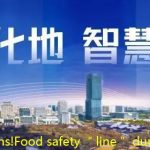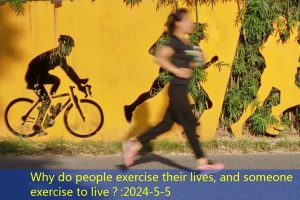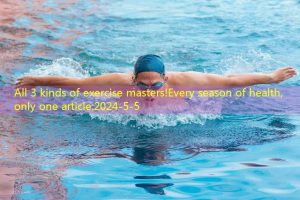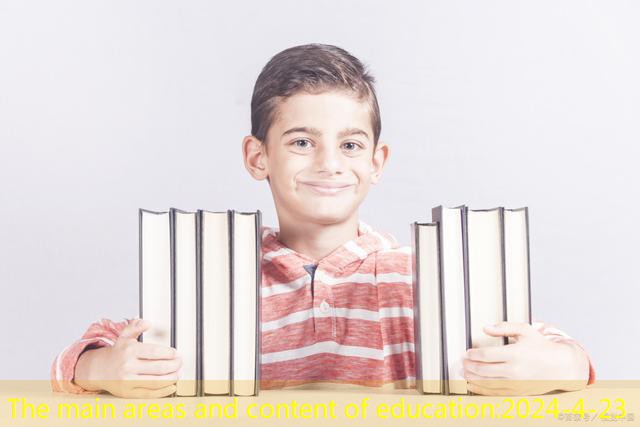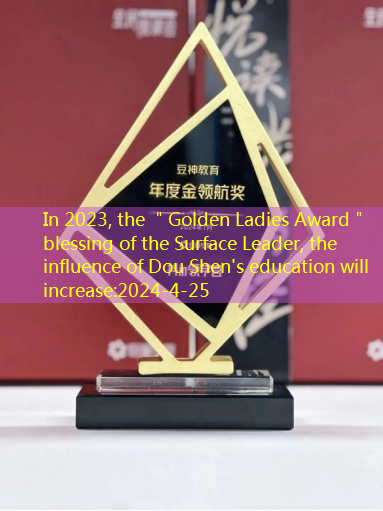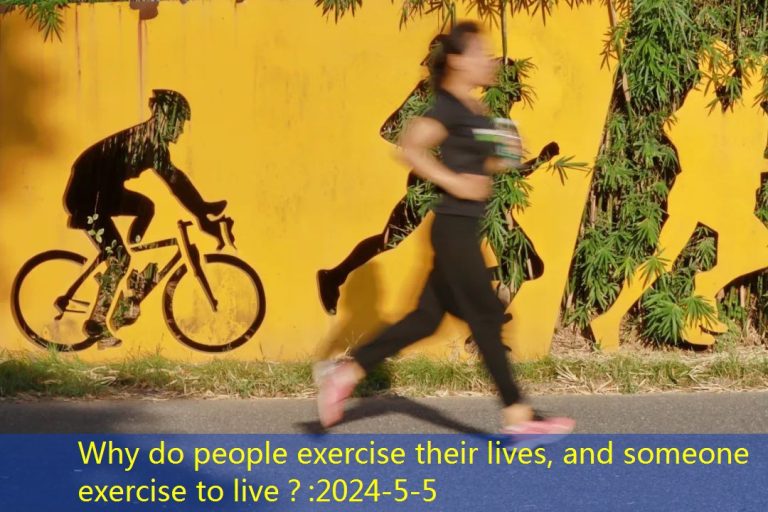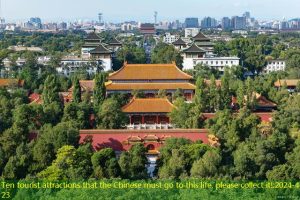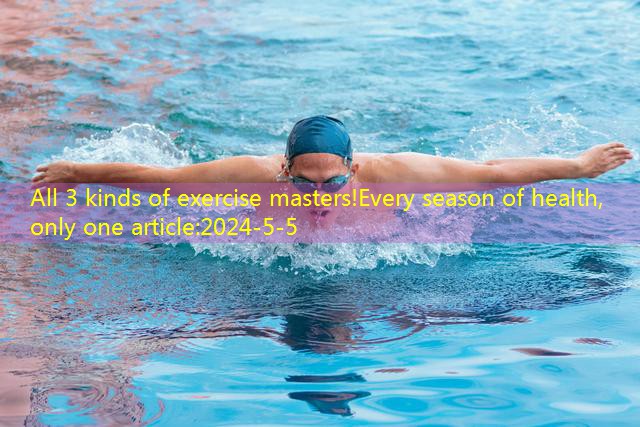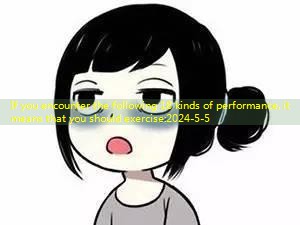Education is an indispensable activity of human society. It involves human growth, cultural inheritance, and social progress.Education has multiple forms, various types, and various levels, and they constitute the main areas of education.The field of education is the category and classification of educational activities, which reflects the differences and characteristics of the purpose of education, objects, content, methods, etc.The content of education is the core and soul of educational activities. It reflects the choice and arrangements of education knowledge, abilities, attitudes, and value.This article will explore the main areas of education and education content in the field of education from three aspects: the form, type and level of education, as well as the education content in the field of education, in order to provide some references for education practice and theory.
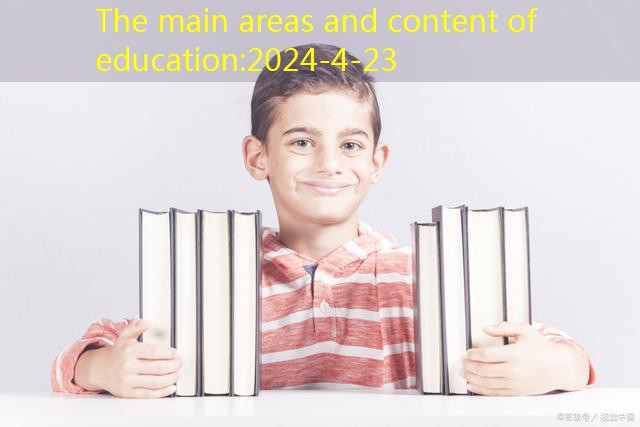
The form of education is the external manifestations and organizational methods of educational activities, which reflects the formality and informal of education.The form of education can be divided into three types: formal education, informal education and hidden education.
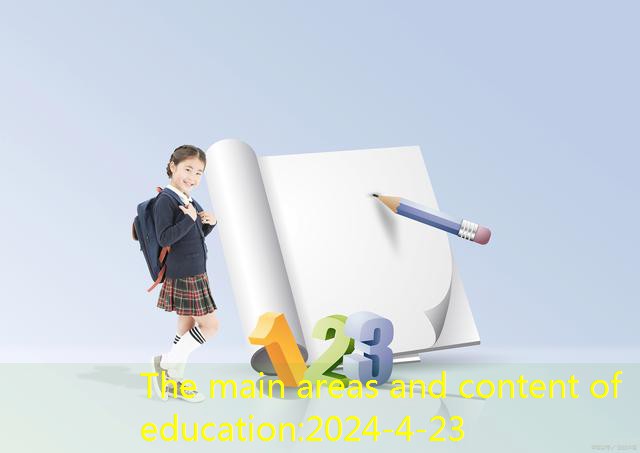
Formally education: Formally education refers to educational activities organized, implemented, manage, and supervise, and have clear goals, content, methods, time, place, evaluation, etc., such as school education, vocational education, adult education, adult educationwait.The characteristic of formal education is systemic, standardized, and authoritative. It provides learners with certain learning security and learning proof, but there may also be a certain rigidity and rigidity.
Informal education: Informal education refers to educational activities that are spontaneously, voluntary, and autonomously carried out by individual or social groups. There are no fixed goals, content, methods, time, place, evaluation, etc.Interest education and so on.The characteristics of informal education are flexibility, diversity, and autonomy. It provides learners with more learning choices and learning opportunities, but there may also be some randomness and inefficiency.
Hidden education: hidden education refers to educational activities that do not take education in daily life and work.Education, etc.The characteristics of hidden education are concealment, ubiquitous, and unconsciousness. It provides learners with more learning stimulus and learning experience, but there may be certain hidden dangers and risks.
The form of education is one of the main areas of education. They complement each other, penetrate, and influence each other, which constitutes the diversification and enrichment of education.The form of education determines the selection and arrangement of the content of education. Different educational forms have different educational content. For example, the content of formal education is usually educational courses, education standards, education textbooks, etc. formulated by the state or social institutions.The content of education is usually educational theme, educational resources, and educational activities selected by individual or social groups. The content of hidden education is usually composed of educational information, education environment, and examples of education in daily life and work.The content of education is the core and soul of education. It reflects the value and significance of education. It affects the formation and development of learners’ knowledge, ability, attitude, and value.
The type of education is the inherent attributes and essential characteristics of educational activities, which reflects the function and purpose of education.The type of education can be divided into three types: basic education, vocational education and lifelong education.
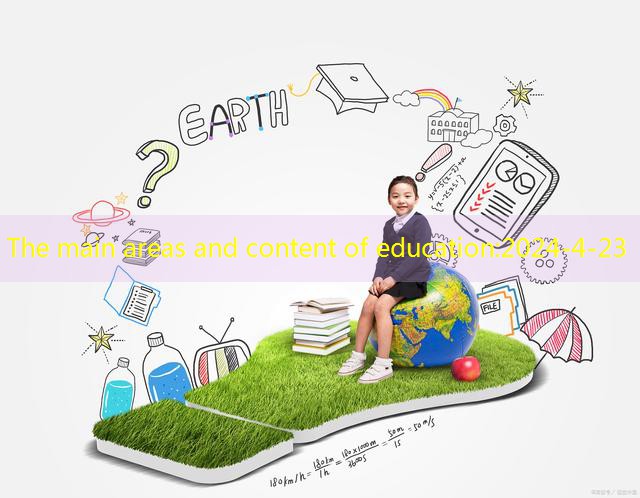
Basic education: Basic education refers to educational activities that provide people with basic knowledge, abilities, attitudes, and values. It is the starting point and foundation of people who receive education, and it is also a guarantee for people to enjoy educational rights. For example, preschool education, compulsory education, andOrdinary high school education.The characteristics of basic education are universality, necessity, and basicness. It provides people with a certain level of educational level and educational literacy, but there may also be a certain single nature.
Vocational education: Vocational education refers to educational activities that provide people with professional knowledge, abilities, attitudes, and values. It is a prerequisite and condition for people to engage in occupations and work.Vocational education, higher vocational education, vocational training, etc.The characteristics of vocational education are professional, practical, and targeted. It provides people with certain vocational skills and professional literacy, but may also have certain limitations and variability.
Lifetime education: Lifetime education refers to educational activities that are constantly carried out in people’s life. It is a need and choice for people to adapt to social changes and personal needs.Education, social education, self -study education, etc.Lifetime education is characterized by persistence, diversity, and autonomy. It provides people with certain learning opportunities and learning resources, but there may also be some difficulties and challenges.

